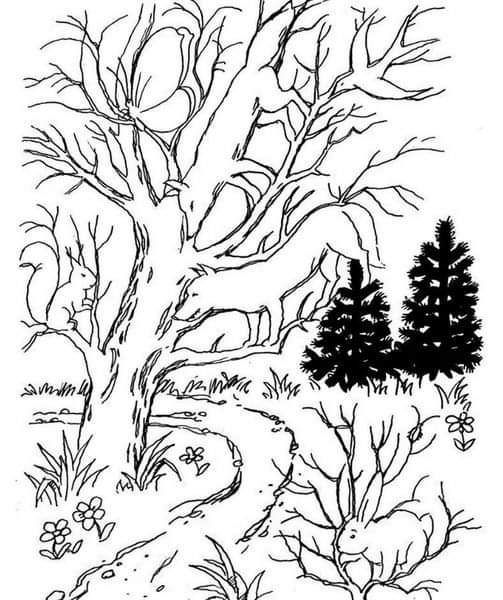When I entered into marriage with a man I had only briefly dated, I was hopeful for a happy future together. Despite early warning signs, like his insistence on introducing me to his children just days into our relationship, I chose to overlook them. I found myself committed before fully understanding the implications, and eventually, I had to prioritize my own well-being over the untenable situation.
At the age of 22, I, Madison, met Will, a 29-year-old widower with two children, Tamara and Nick. Our whirlwind romance quickly led to a meeting with his children, an introduction that felt premature but was justified by Will claiming I was “the one” for him and for them.
Perhaps naively, I was swept up by his charm, and within a year, we were married. The wedding included unique vows I exchanged with his children, a touching yet orchestrated gesture by Will. However, the idyllic scene soon unraveled.
masterstroke: she had secretly sold the house and planned to keep the profits, leaving Alex and Clara to scramble for a new living situation.
Through this ordeal, Tanya discovered her own resilience and even found new love with Daniel, the real estate agent who assisted her. Her story, propelled by betrayal, concluded with a newfound sense of empowerment and a fresh start, demonstrating the unexpected paths through which personal growth and fulfillment can emerge.
Both narratives, though vastly different, explore themes of self-worth, resilience, and the quest for happiness amidst difficult circumstances. Whether through escape from an oppressive marriage or a clever retaliation against betrayal, these stories highlight the strength required to change one’s circumstances and the often complex aftermath of such decisions. What lessons do you think these stories offer about handling personal crises and betrayals?



